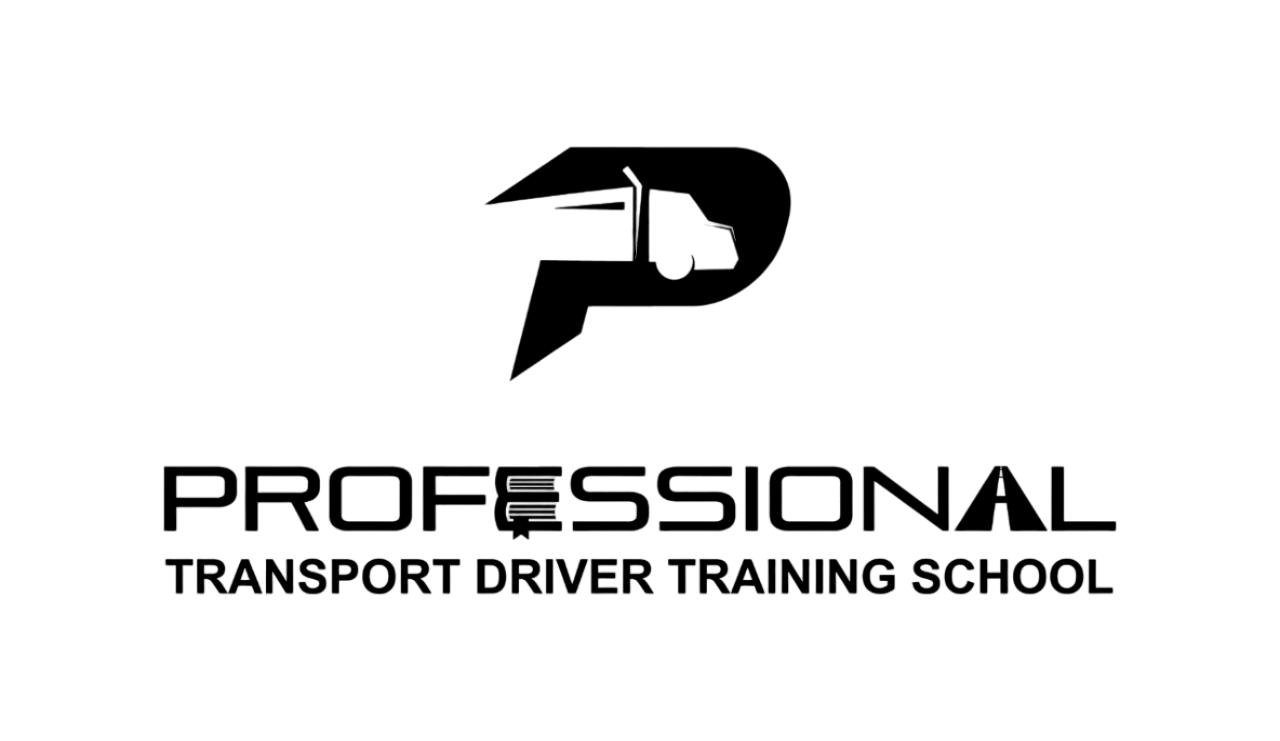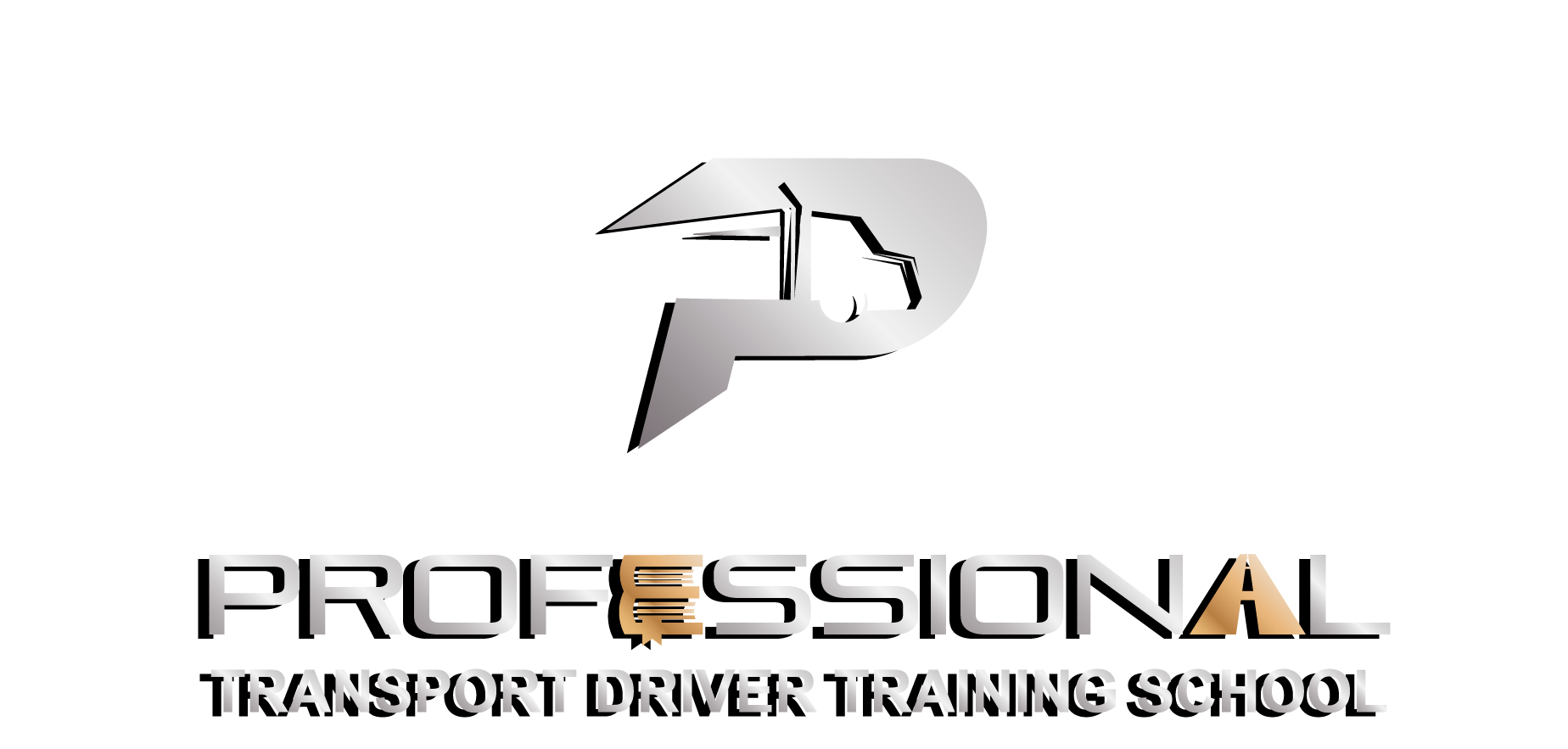Air Brake Program vs. Remedial Training: What’s the Difference?
In the realm of commercial driving, training programs are vital for equipping drivers with the necessary skills and knowledge for a successful career. However, confusion often arises between the Air Brake Program and Remedial Training. While both aim to improve driver competence, they cater to different needs within a driver's career path. This article explores the distinctions between these two programs, their purposes, requirements, and their role in professional development.
Understanding the Air Brake Program
The Air Brake Program is a specialized training course designed to equip drivers with the knowledge and skills needed to operate vehicles with air brake systems. This program is crucial for drivers who wish to obtain or upgrade their commercial license to operate larger vehicles with such systems. It focuses on imparting an understanding of the mechanics and safety protocols associated with air brakes, ensuring safe and efficient operation on the road.
Key Components of the Air Brake Program
The program consists of both theoretical and practical components. During the theoretical section, trainees learn about the principles of air brake systems, including their operation, maintenance, and troubleshooting. This foundational knowledge helps identify and address potential issues.
The practical component involves hands-on training, where drivers apply their theoretical knowledge in real-world scenarios. They practice conducting air brake system inspections, learning to spot faults and perform necessary maintenance tasks. This practical experience ensures drivers can maintain air brake systems and prevent mechanical failures.
Requirements for the Air Brake Program
To enroll in the Air Brake Program, drivers must be at least 18 years old and hold a valid Class 5 license. Additionally, passing an air brake knowledge test is often required to prove understanding of basic concepts before practical training begins.
The Significance of the Air Brake Program in a Driver's Career
This program is a stepping stone for drivers aspiring to operate commercial vehicles equipped with air brake systems. Completing the program broadens a driver's qualifications and enhances job opportunities in the transportation industry. An air brake endorsement or certification on a license indicates that the driver meets required competence standards and is prepared to handle the technical aspects of larger vehicles.
Understanding Remedial Training
Remedial Training is designed to address specific areas where a driver may need improvement. Unlike the Air Brake Program, which focuses on technical knowledge related to air brake systems, Remedial Training improves overall driving competence by rectifying deficiencies in a driver's abilities.
Key Components of Remedial Training
Remedial Training takes a personalized approach, catering to individual drivers' needs. It starts with a comprehensive driver evaluation, assessing the driver's skills, knowledge, and areas for improvement. This evaluation informs a tailored training plan to address weaknesses.
Content varies based on the driver's needs and may include defensive driving techniques, road safety practices, effective load management, and adherence to regulatory requirements. Training sessions aim to reinforce safe driving habits and ensure industry standards for competence are met.
When Do You Need Remedial Driver Training?
Remedial Training is often recommended for drivers who show deficiencies in skills or knowledge, identified through driver evaluations or performance reviews. It's an effective solution for addressing issues like repeated traffic violations, accidents, or failure to adhere to safety protocols. Personalized guidance and support allow drivers to enhance their competence and confidence on the road.
The Role of Driver Evaluation in Remedial Training
Driver evaluations are crucial to Remedial Training's success. Detailed assessments identify strengths and weaknesses, offering insights into areas needing attention. Regular evaluations allow continuous monitoring of a driver's progress, ensuring the training is effective and results in desired outcomes.
Choosing the Right Path for Your Career
Choosing the right training program depends on specific needs and career goals. The Air Brake Program is essential for drivers seeking to operate larger vehicles with air brake systems, providing technical knowledge for safe operation. Remedial Training helps drivers improve specific skills and ensures safety compliance.
At Professional Transport Driver Training School, we offer both the Air Brake Program and Remedial Training to meet diverse driver needs. Our experienced instructors provide comprehensive guidance, ensuring each driver receives necessary training for career success. Whether seeking air brake certification or addressing skill gaps, our programs support professional development in the commercial driving industry.
Choosing the Right Training Program for Your Needs
While both the Air Brake Program and Remedial Training enhance driver competence, they serve distinct purposes within a commercial driver's career path. Understanding the differences enables drivers to make informed decisions about training needs and advance their careers confidently. If you are a commercial driver seeking to improve skills or gain air brake certification, contact Professional Transport Driver Training School today to learn more about our comprehensive training programs.











